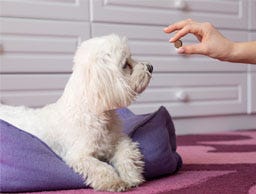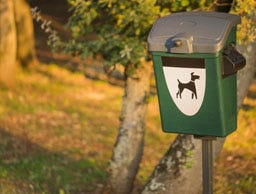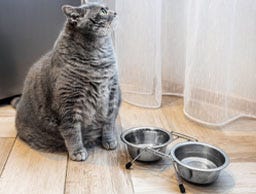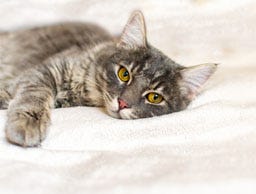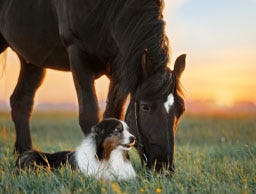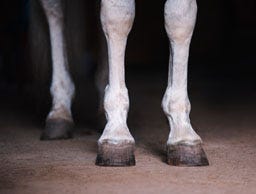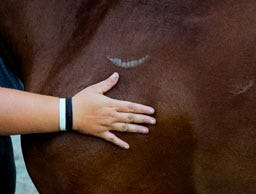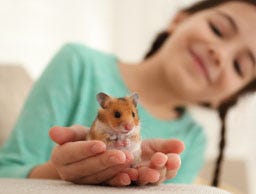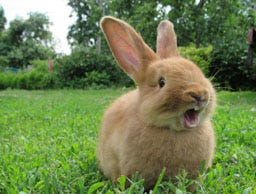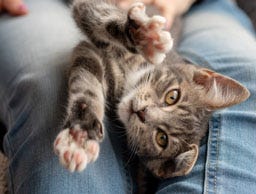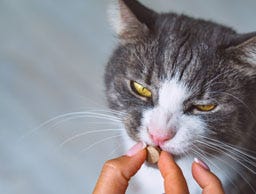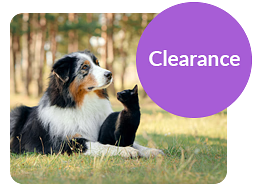Anxiety in Horses
Can Horses Have Anxiety?
Horses are herd animals which means they instinctively seek companionship in order to feel safe. This could be with other horses, or with humans, or even other animals like cattle or dogs. In the wild, groups of horses are far more likely to survive predators than individuals, and this instinct is ingrained in horses still, even when living in the safety of a stable.
When keeping horses, it’s essential to be familiar with the signs of horse anxiety in order to prevent the situation from worsening as anxiety can have a direct impact on your horses’ overall health.
Horse Anxiety Symptoms
Many horses share common signs of anxiety that will affect their behaviour, including, but not limited to:
- Refusing to eat or drink. This can commonly be seen in horses with travel anxiety.
- Shaking or trembling
- Backing into a corner, especially when in their stall.
- Restlessness, such as weaving or stall walking, which is seen as horses taking small steps to either side as if swaying, or walking around in circles while in a stall.
- Rolling their eyes. Seeing the whites of a horse's eyes are a clean sign of fear, and you may notice their eyes twitch as well.
- Rearing, which can be dangerous for you when riding a horse or being too near to one.
- Spooking or bolting which occurs when a frightened horse tries to avoid the object of their fear, typically by veering suddenly and running away.
If you notice your horse displaying any of the above symptoms, it’s essential that you learn what is causing your horse to be stressed so it can be removed from their environment, or by contacting your specialist equine vet for further advice.
Causes of Anxiety in Horses
Horse anxiety can be caused by a number of things, but the most common trigger is when they feel their natural instincts are being constricted. Wild horses spend most of their time walking with their herd and grazing all day in small increments, rather than eating at dedicated meal times. When we encourage horses to live on human schedules, it can cause stress in them, especially if they spend too much cooped up in their stalls.
Some other common causes of anxiety in horses include:
- Separation anxiety — this could be from their owner or from other horses and they have an instinctive want to be in a group in order to feel safe.
- Performance anxiety — When at shows, horses can be stressed out from the loud speakers, the bustle of people and other horses, and also by picking up on the non-verbal nervous cues of their riders.
- Situational anxiety — this is when a horse associates a particular situation with something bad. For example, a horse may have suffered something traumatic while being in a trailer which makes them associate being loaded into a horse box with fear or even pain.
- Change anxiety — Horses like routine and are used to strict care and training schedules. If these circumstances suddenly change, it can trigger their stress response, such as being moved from a wide open pasture to a much smaller stable stall.
- Boredom — Horses are intelligent animals and without the proper stimulation, they can become stressed and begin exhibiting anxiety symptoms.
Finding the root of your horse's anxiety is essential to helping them and preventing any further complications their stress may cause to their health.
How to Help a Horse with Anxiety
How you help manage your horse's anxiety will depend on the initial cause or trigger. It’s also important to note that what works for one horse, might not work for others, so be sure to try and find a way to help your horse feel settled that works for them.
Avoid Sudden Routine Changes
If your horse struggles with change, then be sure to always make changes to their lifestyle or routine gradually, and not all at once. This will give your horse the time to acclimatise to their new situation without it being too overwhelming for them.
Try and keep your usual maintenance tasks to the same time every day, including feeding, turning out, grooming and training. This can help manage your horse's stress as they find comfort in routine.
Buddy Up Your Horse
If separation anxiety is something your horse struggles with, then giving them a buddy that they can spend their time with could be the answer. Being in a herd is when a horse will feel most safe and secure, so if they’re restless in their stall when you’re trying to feed or groom them, try taking them outside to the pasture with the other horses to complete these tasks.
As your horse grows more comfortable, you can begin to gradually increase the amount of time they spend alone or away from their favourite rider, horse or animal without causing unnecessary stress.
Excercise
Horses have a lot of energy, and if their exercise needs aren’t being met, they can easi;ly become restless or stressed. Make sure your horse is getting plenty of exercise every day to use that pent up energy either with longer rides or extending the time they spend in their pastures. The extra exercise can help them use their energy productively and lessen the strain of anxiety.
Horse Calming Supplements
If your horse hasn’t reacted to our previously suggested techniques, or their anxiety is very specific to certain situations (such as shows or travel) then the introduction of a horse anxiety supplement could help to take the edge off.
There is a wide range of horse calmers available to suit different situations. If your horse has anxiety with shows of travel, products like the NAF Five Star Instant Magic Calming Supplement could help. The unique combination of herbs and bioavailable magnesium which are clinically proven to calm and support horses concentration and learning, as well as providing support to their gut and relaxing their muscles.
For a longer term solution, horse calming aids like Zylkene® Equine Calming Supplement can make a huge difference. They’re made from a milk protein casein which has been developed to help both horses and ponies to overcome stressful situations. These hypoallergenic feed supplements can also help horses to adapt to new circumstances or environments without the need for sedation.
Speak With Your Equine Vet
Sometimes your horse's anxiety could be caused by pain or discomfort, such as illness or an unnoticed injury. If you notice your horse showing signs of anxiety, but you can’t figure out the cause, call your vet immediately to come and evaluate. They’ll be able to discern what is causing your horses anxiety as well as providing a treatment plan. They’ll be able to offer recommendations for anti-anxiety medication for horses as well.
If your horse is showing signs of anxiety, check out our great range of horse anxiety supplements available from top brands like NAF, Audevard and Calmex.
This post is an opinion and should only be used as a guide. You should discuss any change to your pet’s care or lifestyle thoroughly with your vet before starting any program or treatment.










